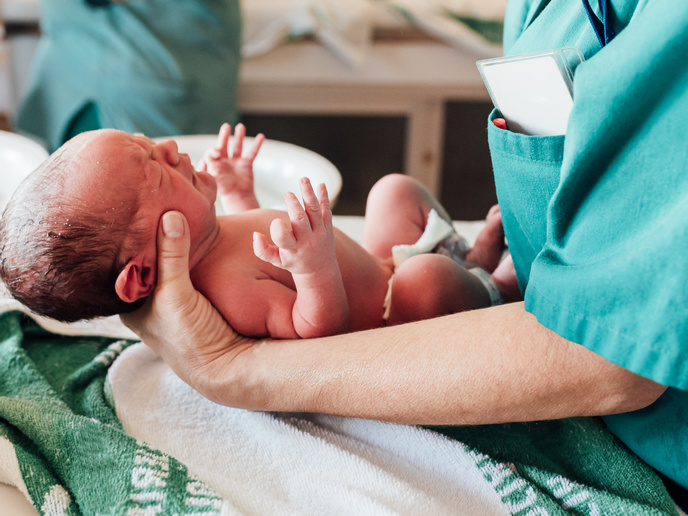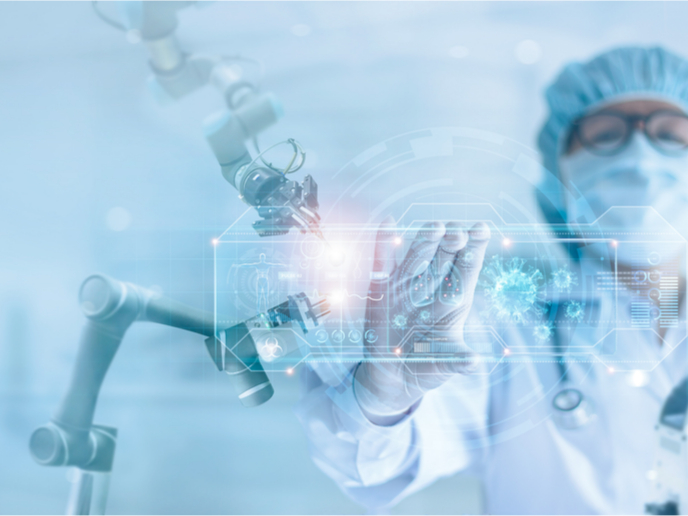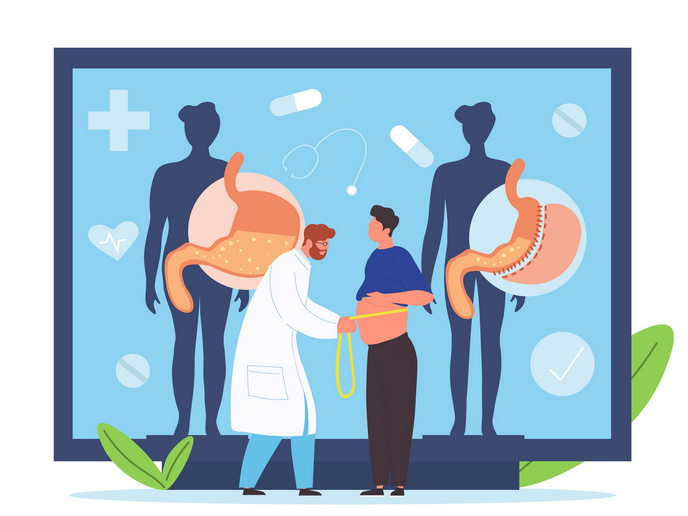Training and tools to advance neonatal medicine
Thousands of babies are born prematurely in Europe every year. Many face an increased risk of developing cognitive, behavioural and motor impairments that could impact their lives. While early intervention is essential, current clinical approaches often depend on late signs of dysfunction. “A lot of technologies are also not designed or suitable for newborns and in particular for preterm babies,” says PARENT(opens in new window) project coordinator Marco Deriu from the Politecnico di Torino(opens in new window) in Italy.
Early detection of neurodevelopmental disorders
Supported by the Marie Skłodowska-Curie Actions(opens in new window) programme, the PARENT project sought to improve the early detection of neurodevelopmental disorders (NDDs) in preterm infants through the development of predictive and explainable tools. Another important part of PARENT was training 15 early-stage researchers(opens in new window) (ESRs) through a network of hospitals, universities, research institutes and industry partners across Europe. “The PARENT project was organised around five objectives, each tackling a fundamental aspect of neonatal neurodevelopment,” explains Deriu. These objectives included: hybrid brain imaging (MRI and ultrasound) to estimate individual neurodevelopmental trajectories; AI-powered eye tracking for early detection of cognitive and visual deficits in at-risk newborns; and heart–brain interactions in congenital heart disease through the use of advanced MRI and AI models. The project also investigated molecular biomarkers, which could be used as early indicators of brain damage, and multidimensional modelling of clinical trajectories.
Validation in real clinical settings
Significant progress was made across all five objectives, with key technologies and approaches validated in clinical settings. Researchers were able to demonstrate for example that AI-enhanced neuroimaging enables earlier and more precise risk stratification. Prototype personalised eye tracking was also validated across multiple hospitals, with demonstrated potential for clinical integration. “PARENT explored how early physiological signals, including those from the heart and brain, can be combined to better understand the multifactorial nature of neurodevelopmental trajectories,” remarks Deriu. “These insights have the potential to support integrated screening strategies for early diagnosis and personalised follow-up.” Researchers also validated the feasibility of molecular diagnostics in neonates, which in turn led to a new EU-funded project focused on infant nutrition called GALATEA. Applied dynamic and predictive modelling of neonatal risk was also successfully carried out. “This is a stepping stone toward real-time, personalised clinical decision support,” says Deriu.
Responding to societal needs
Another key success of the project was the training programme, delivered through a series of scientific schools(opens in new window) that played a crucial role in developing the skills, vision and collaborative mindset of the 15 ESRs. “These schools were not just training modules but immersive experiences, strategically scheduled throughout the project to foster vertical expertise and horizontal integration,” explains Deriu. Beyond the technical curriculum, the schools promoted a strong community spirit. “In this environment, ESRs didn’t just learn to work in teams – they learned to co-create knowledge, navigate complexities and adapt to the rapidly changing landscape of neonatal medicine,” adds Deriu. “The PARENT schools serve as a model for future training networks aiming to combine depth, breadth and cohesion in training the next generation of healthtech innovators.” Another key lesson to emerge from the PARENT project experience has been the importance of actively engaging families and patient associations in all stages of research and training. “While scientific excellence and technological innovation are fundamental, research projects ultimately achieve real-world impact through a continuous dialogue with patients and their families,” notes Deriu. “This can help ensure that new tools, methods and discoveries effectively respond to societal needs.”







